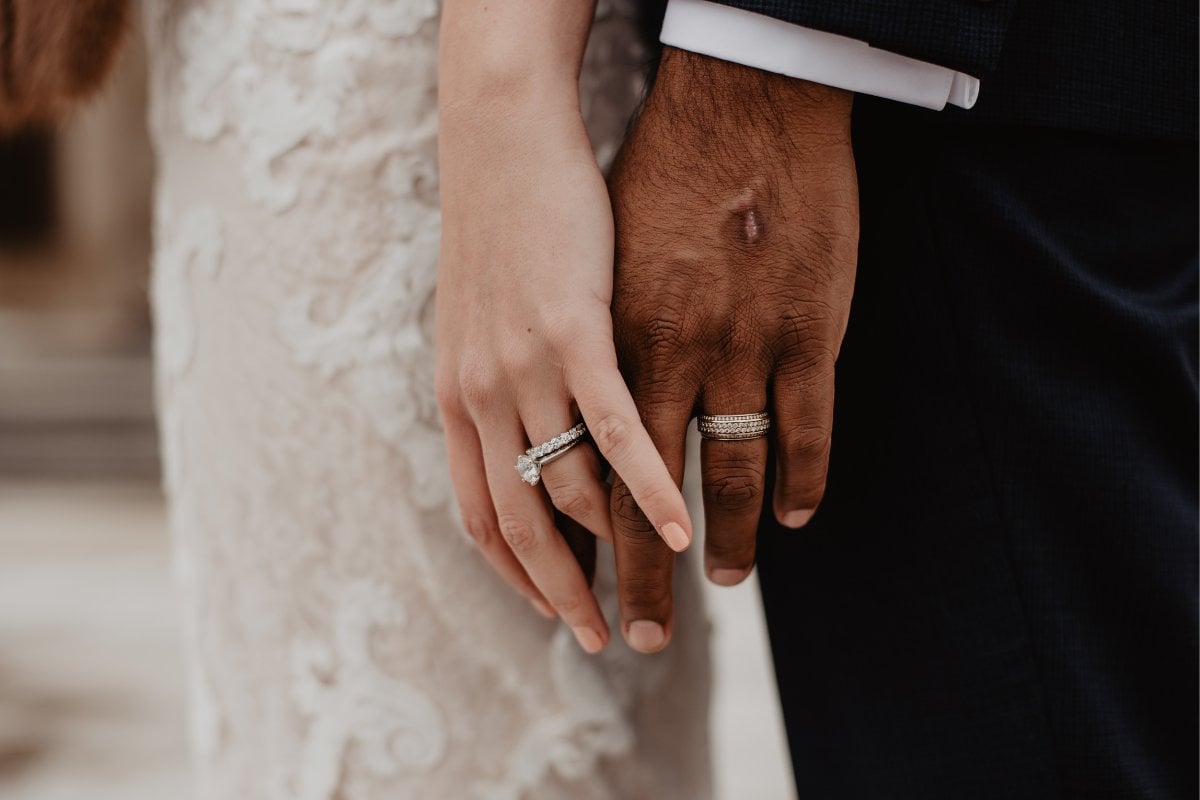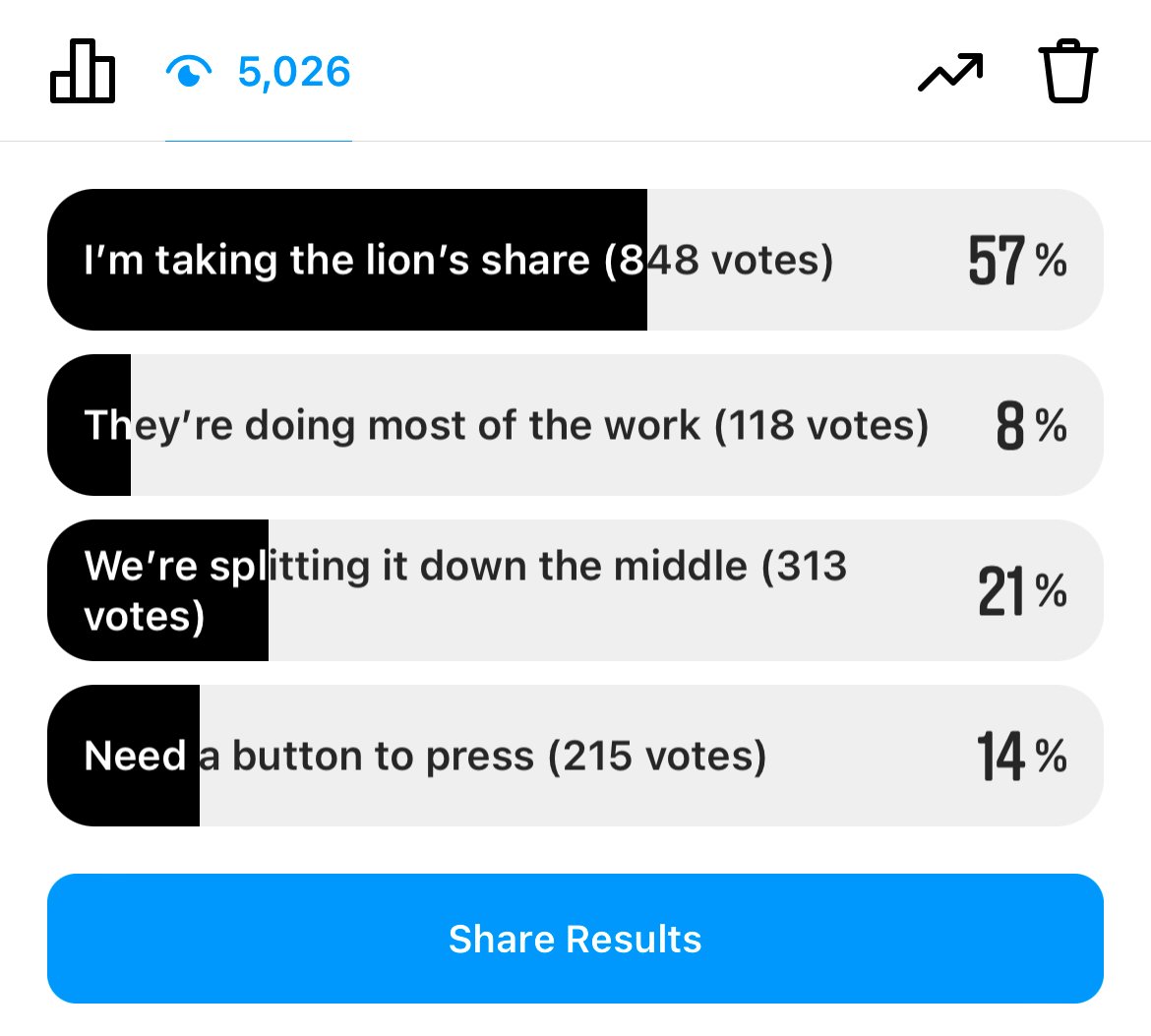
This article was written by the co-founder of Wedshed, Amy Parfett.
"My fiancé is not helping with ANY of the planning for our wedding. He’s been saying 'it’s all sorted' since we (I) booked our venue. He got annoyed with me a few days ago for not having booked catering yet for our wedding, yet has taken no initiative or offered to help me once.
"I have more on my plate than he does work-wise and extra household duties. And he has time off work, which he’s spending sitting around doing nothing. It’s hard to watch and I feel angry that I have to try and get him interested in the planning as it should be about us both. How can I motivate him to help and actually enjoy the process more?"
Whoa Silver, hold your horse. We know what you’re thinking.
"Why in the modern-day name of holy hell are you getting married to this lazy idjit? There’s a red flag flapping in the first sentence alone."
It’s where we went, too… the first time we received a message like that eight years ago.
Fast forward to 2023 and we’re sorry to say that notes like this continue to slide into our DMs like cystic zits: always disappointing to see and perplexing, given our age (or in this scenario, the era we live in).
Watch: Celebrity wedding first dance songs. Post continues after video.

Top Comments